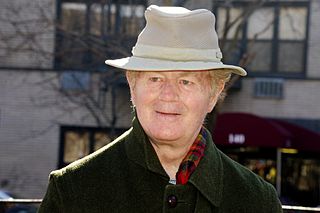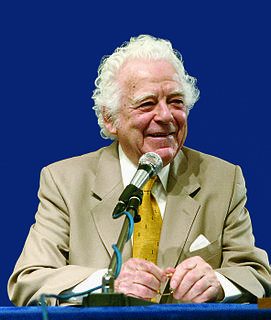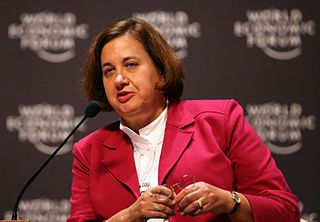A Quote by Ban Ki-moon
For my generation, coming of age at the height of the Cold War, fear of nuclear winter seemed the leading existential threat on the horizon. But the danger posed by war to all humanity-and to our planet-is at least matched by climate change.
Related Quotes
[A] new generation, innocent of the divisions of the Cold War, this coming-of-age. ... If its members do not feel the urgency to escape the nuclear danger that some of its parents felt, neither has it developed the deep attachment to nuclear arms also often found among their parents, including most of the governing class. ... The call for abolition should therefore be, among other things, a call from an older generation to younger one.
Much as Cold War nuclear strategists could argue about winning a nuclear war by having more survivors, advocates of a Global Warming War might see the United States, Western Europe, or Russia as better able to ride out climate disruption and manipulation than, say, China or the countries of the Middle East.
If Donald Trump dismantles the agreement [the "Iran nuclear deal"] won by President Barack Obama with President Hassan Rouhani and the Iranian government and people: If he dismantles that, and puts greater sanctions on Iran, then we are leading to another war; another war inspired by Israel, another war that will bring China into war, Russia into war, Europe into war. And the Western world, in this war, will be taken completely down, and a whole new world is on the horizon.









































